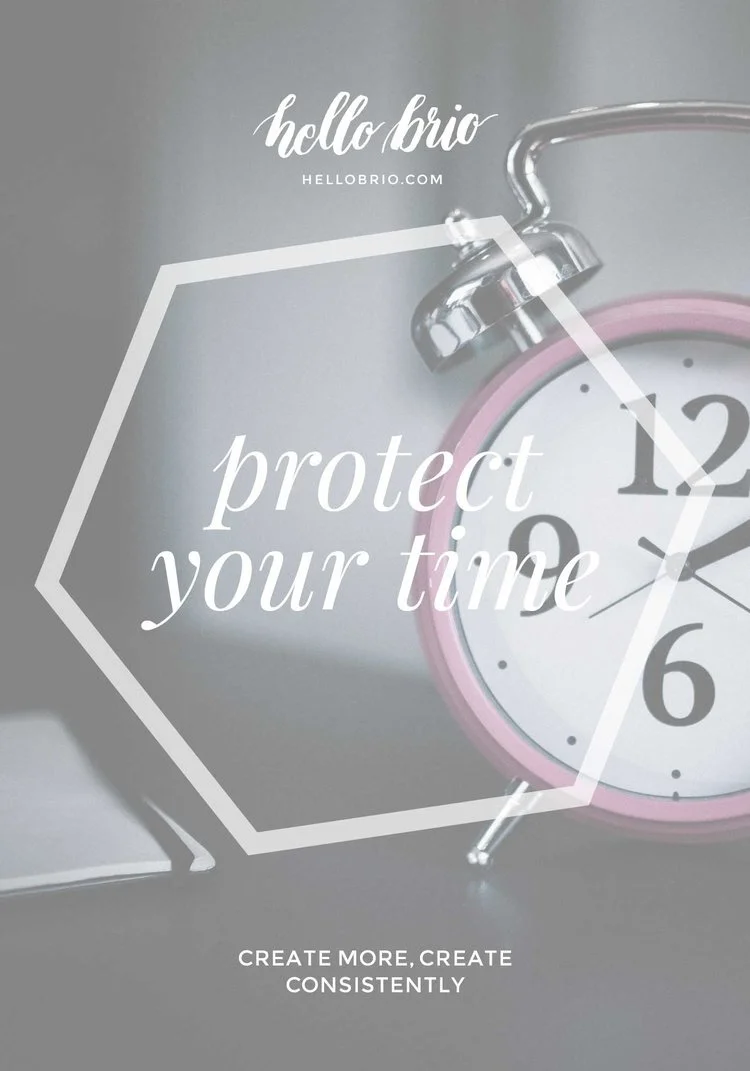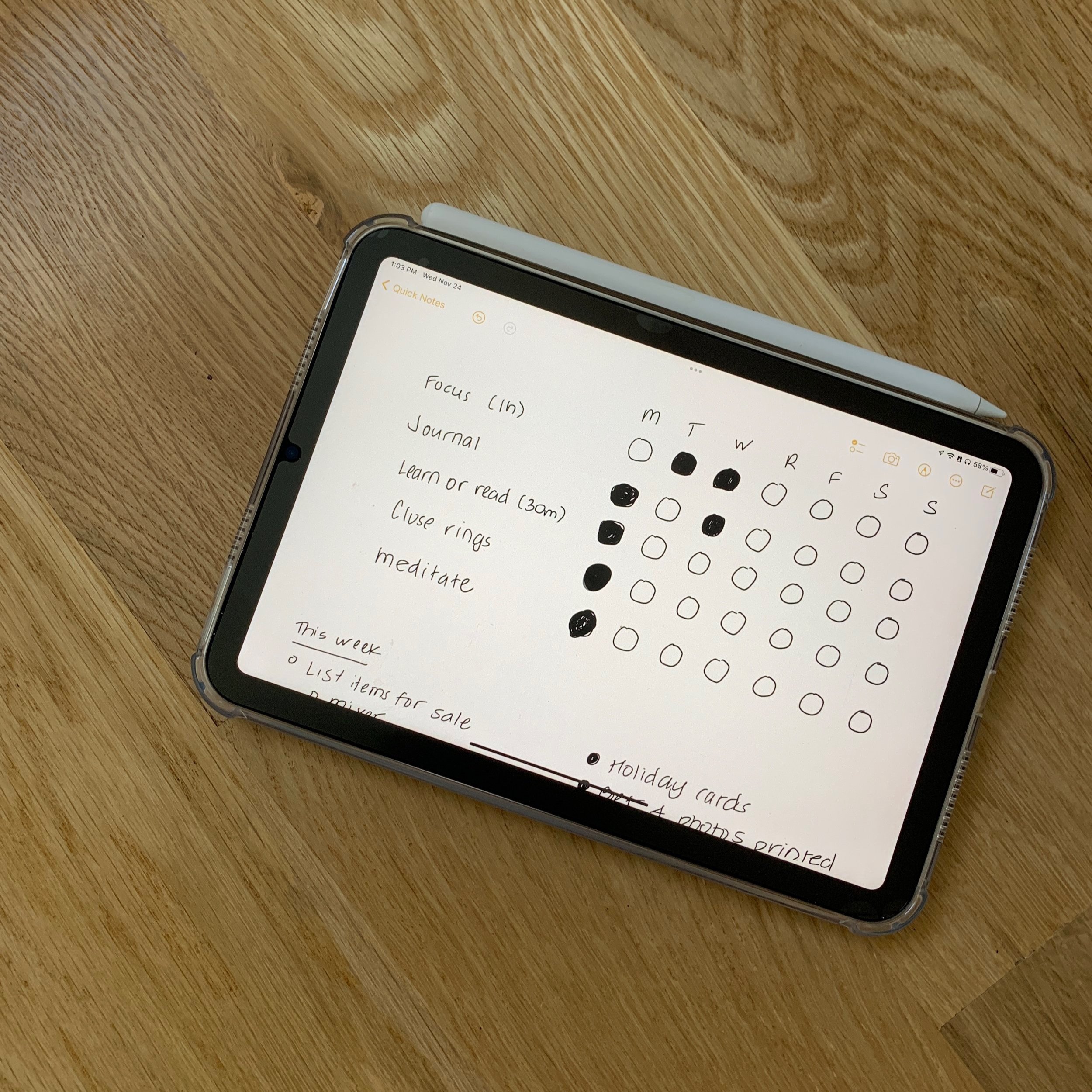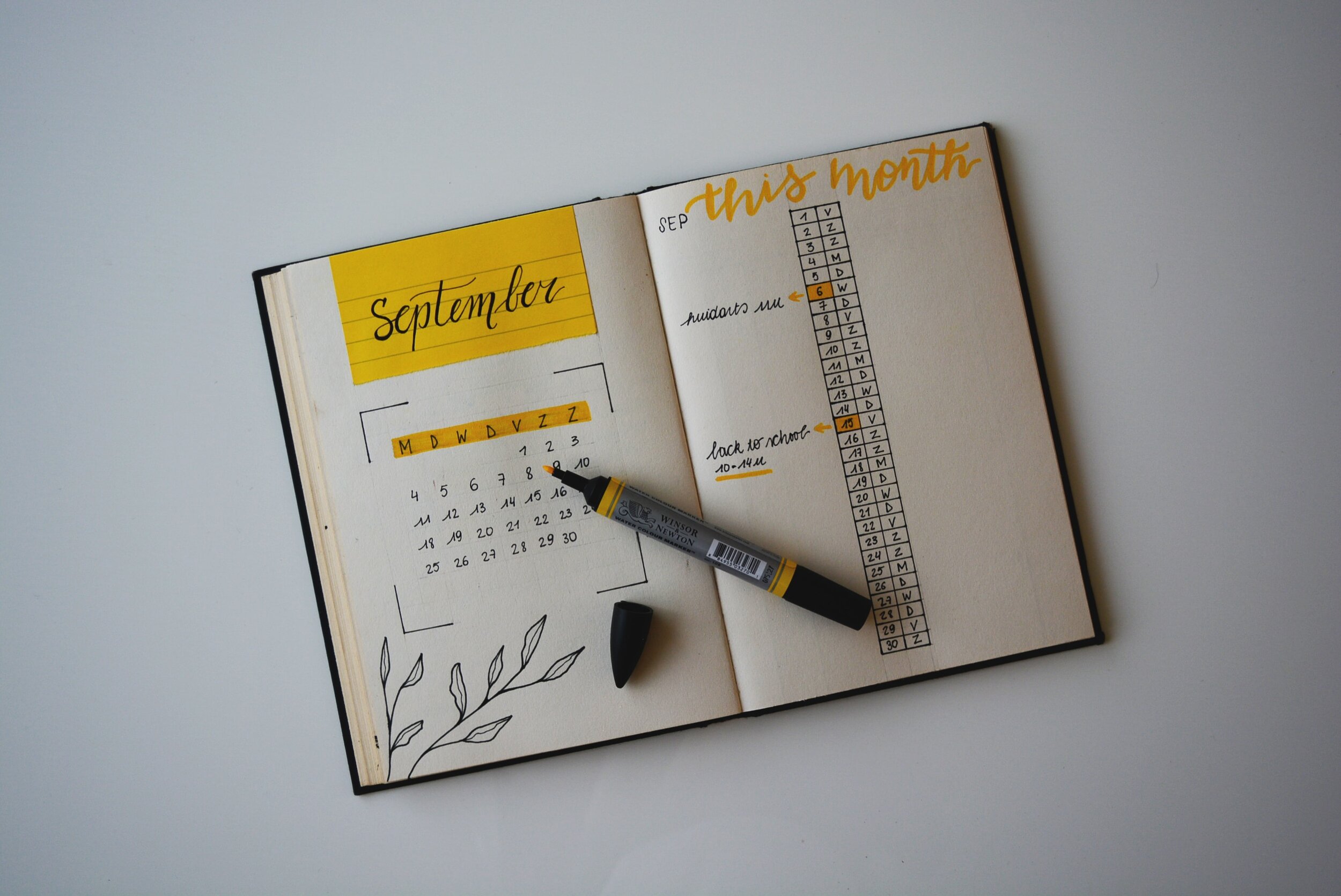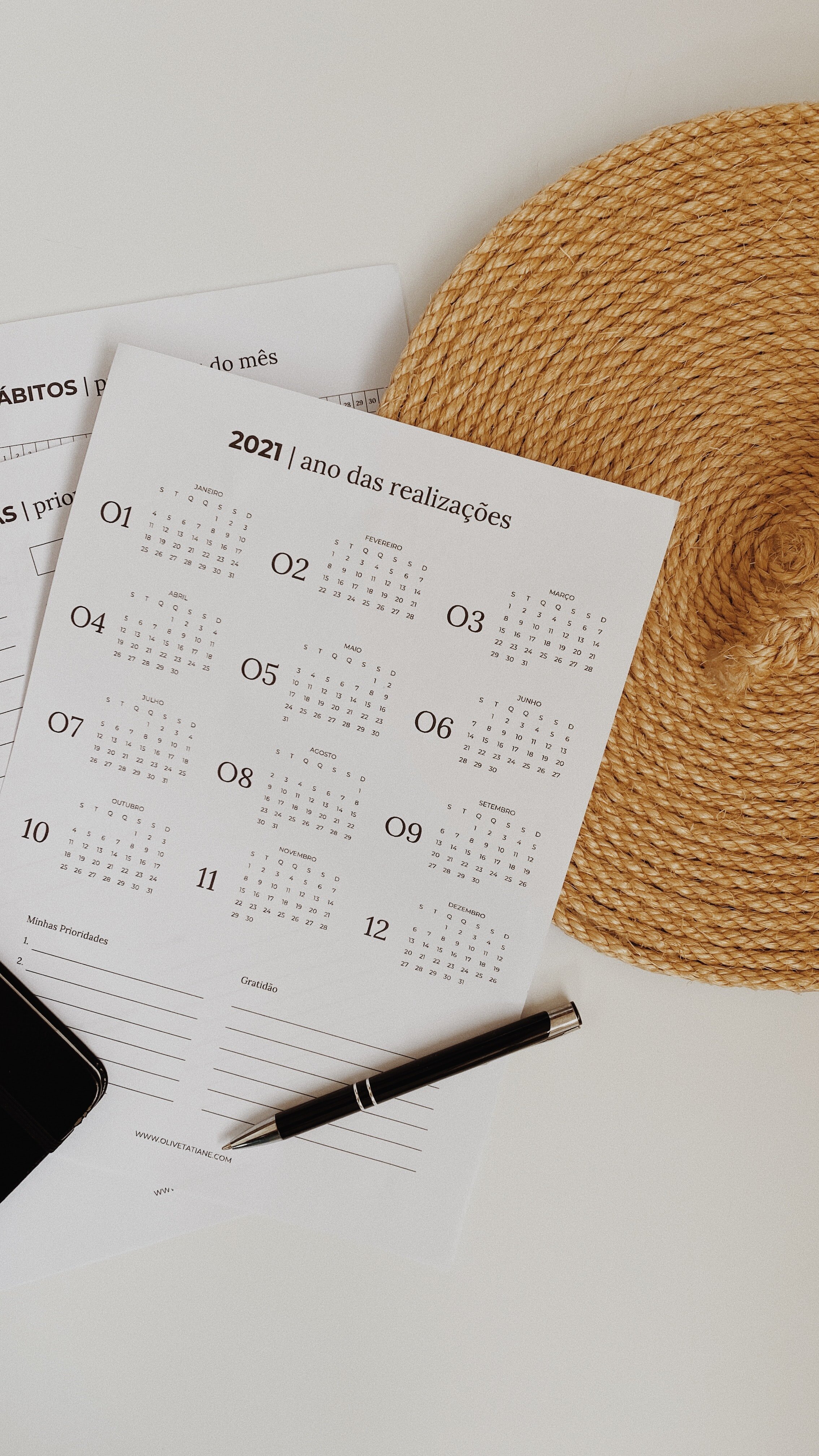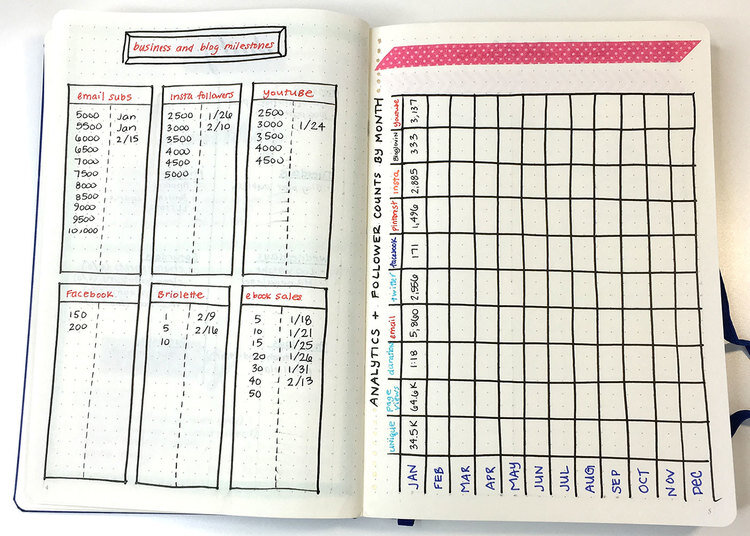Protect Your Time
Creative types often have spurts of inspiration. Amateur lyricists will want to portray a strong emotion with a song, a poem. A new artist will want to sit and sketch the scenery when she comes across her sketchbook. A hobby-photographer will want to capture a moment while on vacation. Creating is hard enough. It takes a lot of time, and the newbie-creator can burn out quickly. A new writer, for example, will write in sprints. He’ll wake up early one Saturday morning. Because he doesn’t have to go to work, he’ll grab his laptop and run to a coffee shop to write and pour out his ideas onto paper until he’s expelled all of his writing energy. Then, satisfied and exhausted, he’ll save his work and file it away into a happy folder he named “Writing”, vowing to edit it later. A new writer may have a few sessions like this over a period of several months where he passionately churns out work once every six weeks or so, but the work stays untouched and goes unnoticed.
This is similar to the new runner. A lot of runners will start off running too fast and too far, and they burn out quickly. They say “I can never be a real runner” and give up. Or, they’ll have a bunch of false starts over time.
In my teens, running was a joke. I was no athlete. I tried out for tennis in middle school and didn’t make the cut. I decided I wanted to do indoor track one year in high school and bowed out after two weeks. Running the mile in gym class was the worst day of each semester and I did everything within my power to avoid it. It wasn’t until I discovered how to run that I learned to improve and not burn out quickly.
The secret sauce? Do less, and do it more often. Then work to increase speed and distance over time. Now I run four miles twice or three times per week and it’s easy as pie. The habit is there.
Starting the habit by doing less more often was the key to my success with running. When you carry that mentality over into your into creative work, you can go far.
The major difference between a writer or any professional creator and a hobbyist in the same genre is this: showing up every day.
This doesn’t mean to sit down and write a 20-thousand word book in four days. And I didn’t just get lucky with that. By journaling at least 500 words every day, I set myself up for a successful writing sprint by practicing. Had I not consistently written before I sat down to write my book, I would’ve struggled and been overwhelmed. It’s just like running; if I signed up for a 10K for tomorrow, I could probably do it because I run a little bit all the time. But there’s no way I could do it if I didn’t put the habit in place.
Create with consistency by scheduling time and then protecting it
Protect your time and kill it with productivity and creativity | Hello Brio
So, consistency is key. But creating consistently is hard for various reasons. You may be scared to commit so much energy to your creative endeavor because you think you’re going to fail. Interestingly enough, you may be procrastinating on consistency because you’re scared of the potential change to your identity. Most likely, you don’t show up every day because you don’t think you have the time.
Committing to showing up every day to do something is terrifying and exhilarating. It’s a huge commitment towards a potentially new identity. By deciding to turn your hobby into a reality, you’re paving the way towards the unknown. You’re jumping in fully, and hoping for the best. You’ve found your point, and you feel like you would do it no matter what.
You’re one step closer to making your passion a real part of your identity. All it takes now is time and dedication. Schedule your time to create. Then protect it.
Maria Popova of BrainPickings.org recently said on an interview about saying no:
I recently read Oliver Sacks’ memoir, On The Move, which by the way – and I don’t say this lightly because perhaps by now you know much and how whole-heartedly and voraciously I read – it has been one of the most transformative reading experiences of my life, and I couldn’t recommend it more heartily. But in any case, Dr. Sacks mentions that when his career as a writer started picking up, so did obviously the volume of demands for speaking and interviews and this-and-that, and so he put a piece of paper on the wall by his desk that simply said, in all caps, NO with an exclamation point. It was to remind himself to decline invitations that chipped away from his writing time, and these reminders, they’re so simple, they’re so analog, and they work.
Do whatever you have to do to protect your time. Put a post-it on your wall that says “NO!” Put blocks of time on your calendar that are non-negotiable. Keep track of your progress on an accountability calendar and reward yourself when you meet your goals. Make your creative time part of your morning routine.
Notice when your passion is threatened
When I was dating, I struggled with pointing out what was wrong in a relationship. I couldn’t quite put my finger on it. Things were good with various guys I dated. It took a lot of introspection, but soon I realized dual-independence was a necessity in my perfect partner. Overall, I wanted to be with someone I liked spending time with. This also meant I needed to feel like I wasn’t wasting my time when I was with him – I wanted to find someone I could spend quality time with and then go off and do my own thing and not feel guilty.
I read an interesting article the other day about why we get angry or upset when our thing is threatened. Brenda Corbett writes:
Weaknesses are a reflection of something that blocks your internal motivator – your Why It Matters. Unique to you, your Why It Matters is the driving force behind what you do. It is at your center, your core.
Your weaknesses typically show up when you are unable to satisfy, fulfill or realize your Why It Matters – it’s been thwarted or threatened. If you can figure out when a weakness first appears, then you can identify the threat and fix it.
The reason I felt so restless in some relationships is because I felt like I was being held back from working on my passion. Being able to recognize this in myself in terms of romantic and non-romantic relationships alike set me on a path to designing my life by making conscious decisions so I could work and create consistently.
Don’t give into FOMO (Fear Of Missing Out)
Feel like you’re on the same page as me? Don’t say yes to every social invitation you get. If you give into your FOMO, you’re doing your passion and yourself a disservice. Schedule chunks of time to get work done. Move your work blocks around only if you can make it happen in the same day, otherwise say no. If a late night event threatens your morning routine, skip it. Learn to say no. Or really, learn to say yes in moderation. But be self-aware enough to know when saying yes will spiral you into a slew of bad decisions like wasting a lot of hours which then lends itself to lack of sleep and less productivity.
Whatever your chosen passion may be, it won’t become a reality until you’ve mentally set aside time to work on it every day. As soon as you feel like you have to protect your creative time, you know you’re one step closer to being a pro.
Creating is rewarding, but is difficult. Creating consistently is even harder. The only way you’re going to fuel your hobby so it becomes a true working passion is to set aside time to work every day, and then protect that time. With consistent incremental creative time, you’ll soon have a body of work and dedicated mentality that will get you places.
Cover photo by Mpho Mojapelo

